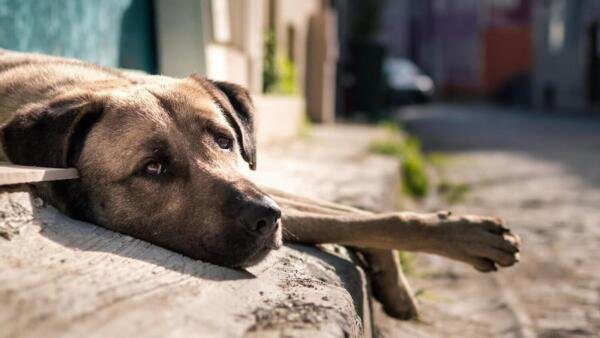Dealing with the loss of a pet can be emotionally challenging for owners, as pets often become beloved members of the family. After a pet’s death, owners may want to keep some form of remains, raising the question of burial.
According to Dubai Municipality, burying animals is not allowed in the country. Mike O’Hara, owner of Mike’s Vet in Dubai, explained, “Although it’s a grey area if an owner buries animals on their property, it is advisable not to do so due to the risk of disease and potential hygiene issues for neighbors.”
Types of Cremation
When a pet dies, owners should visit a veterinary clinic to begin the cremation process. The available options include:
Municipality Disposal: The municipality collects deceased pets and mass-cremates them with other animals. O’Hara mentioned, “We are required to keep a freezer by law where deceased pets are stored until the municipality collects them once a week.” Owners cannot collect ashes from this type of cremation.
Shared Cremation: Veterinary clinics send the pet to a third party for cremation with other animals. Owners can receive a portion of the ashes. The cost depends on the pet’s weight. “For cats, it costs between Dh700-Dh900 for a pet under 5kg. Pets between 5-10kg cost an additional Dh100. For pets weighing 10-25kg, the cost ranges from Dh1,400 to Dh1,500,” said O’Hara.
Separate Cremation: For pets up to 30kg, this costs between Dh2,300 and Dh2,700. For pets up to 40kg, if the owner chooses not to keep the remains, it costs half the price.
Transporting Deceased Pets Abroad
Transporting deceased pets abroad for burial is illegal, with strict laws in place globally, according to O’Hara.
Euthanizing Pets
“Although opinions vary among vets, I believe euthanasia is the most humane option to prevent suffering,” said O’Hara.
The process involves sedating the pet to ensure it feels no pain, followed by administering a drug to stop the heart. “For smaller animals like cats, this costs around Dh400-Dh500, including disposal by the municipality,” O’Hara added.


